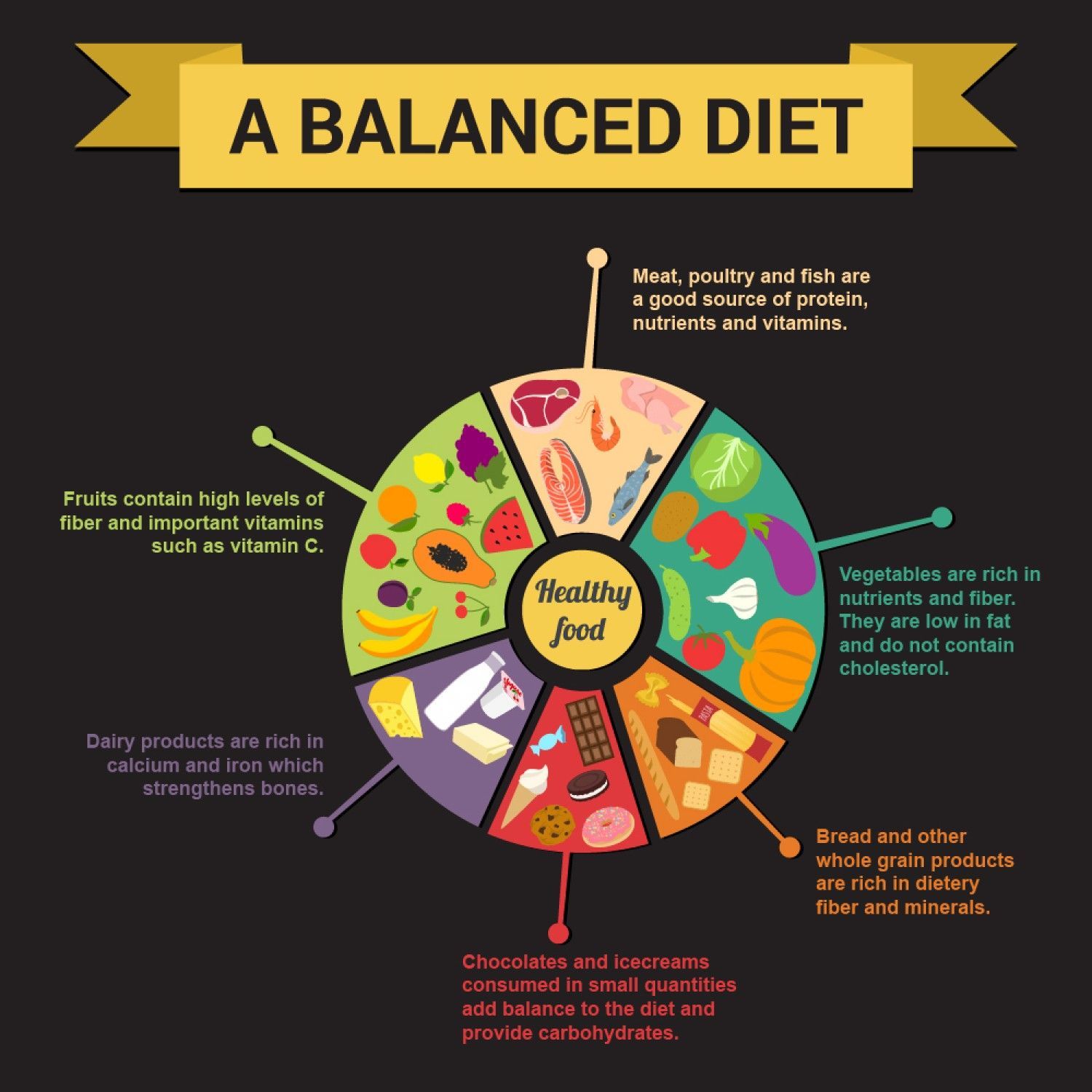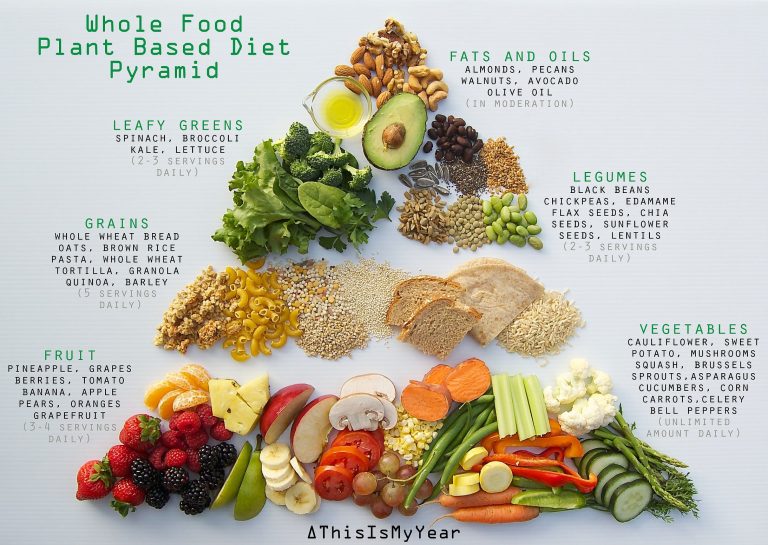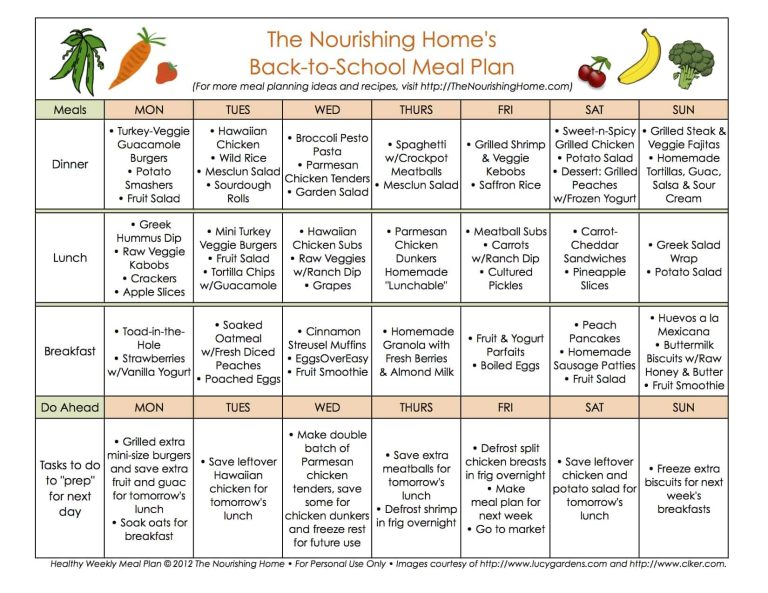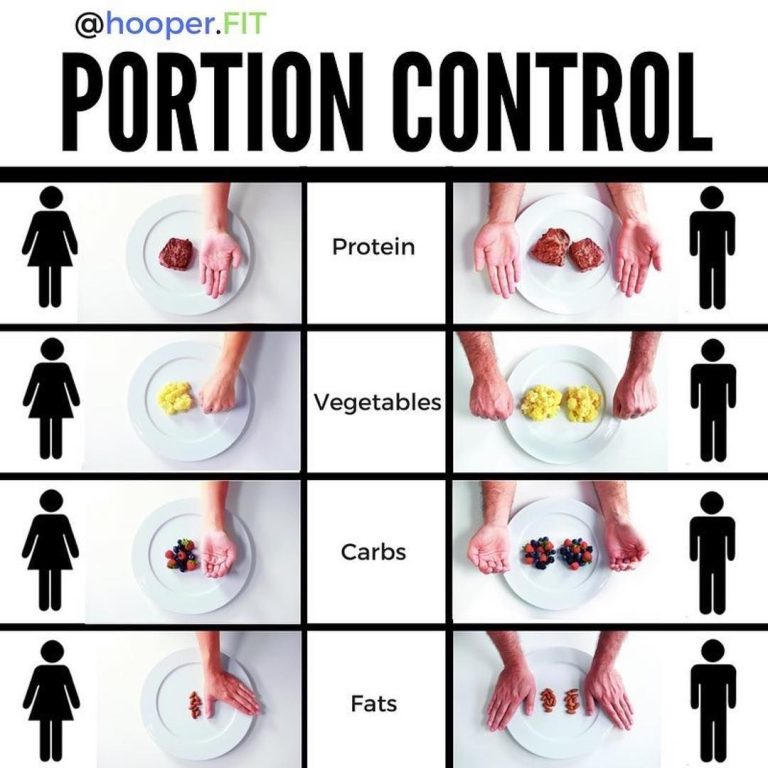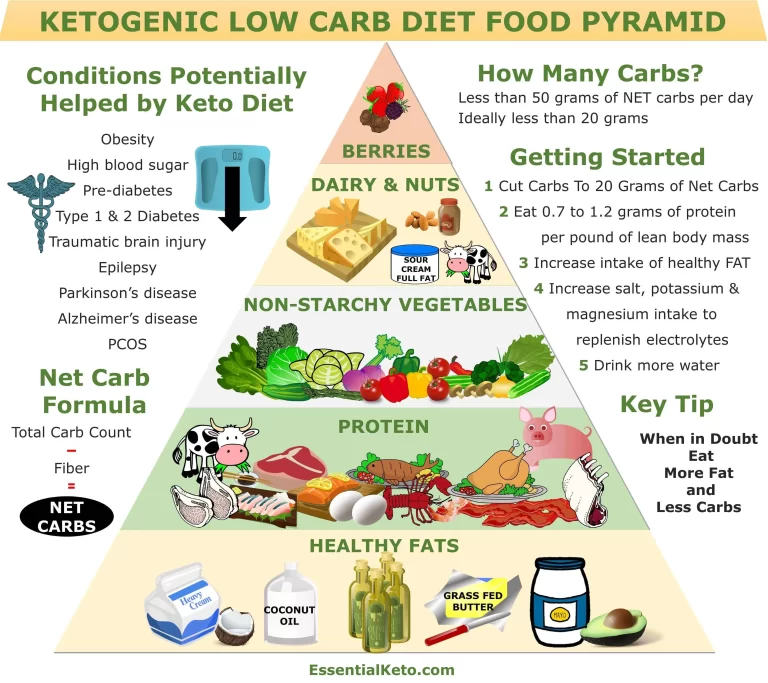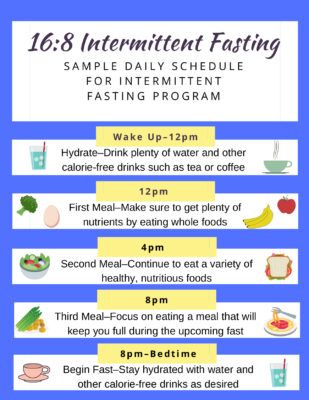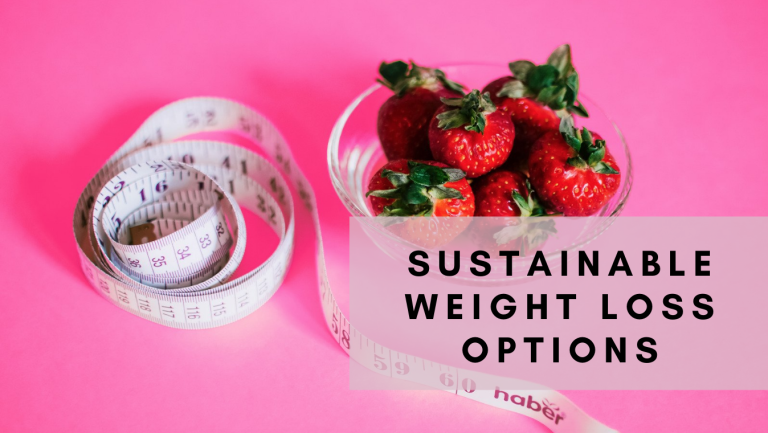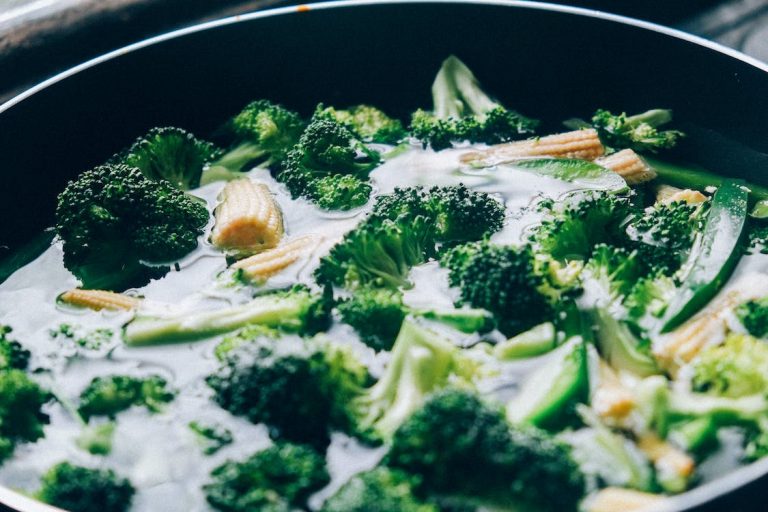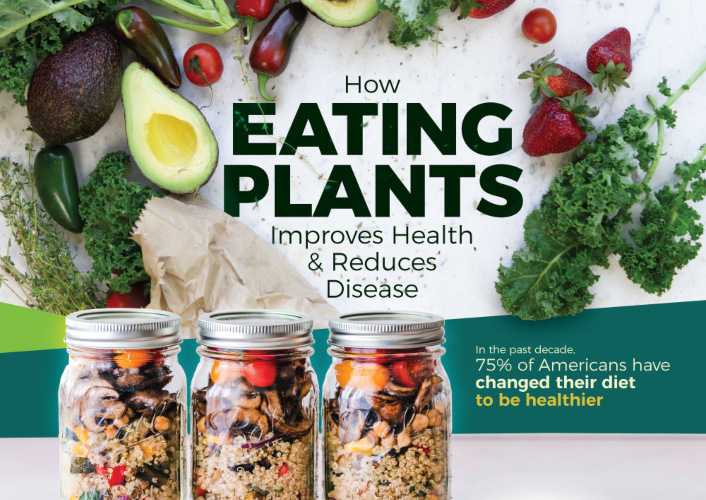Having a balanced diet is essential for maintaining good health and overall well-being. It provides our bodies with the necessary nutrients, vitamins, and minerals to function optimally and helps prevent various health conditions. Here are 10 tips to help you maintain a balanced diet:
1. Eat a Variety of Foods
To have a balanced diet, it’s important to include a variety of foods from different food groups such as fruits, vegetables, whole grains, lean proteins, and healthy fats. This ensures you get a wide range of nutrients that your body needs.
2. Portion Control
Controlling portion sizes is crucial to avoid overeating. Be mindful of the serving sizes recommended for each food group and try to stick to them. This helps prevent excessive calorie intake and promotes weight management.
3. Prioritize Fruits and Vegetables
Fruits and vegetables are rich in vitamins, minerals, and fiber. Aim to include a variety of colorful fruits and vegetables in your diet as they provide essential nutrients while adding flavor and texture to your meals.
4. Choose Whole Grains
Whole grains such as brown rice, whole wheat bread, and oats are packed with fiber and other nutrients. They provide sustained energy, promote digestion, and help control blood sugar levels. Replace refined grains with whole grains whenever possible.
5. Include Lean Proteins
Protein is essential for muscle growth, repairing tissues, and providing energy. Opt for lean sources of protein such as skinless poultry, fish, tofu, legumes, and low-fat dairy products. Limit red meat and processed meats, as they can increase the risk of certain health conditions.
6. Limit Added Sugars
Added sugars are found in various processed and packaged foods, including sugary drinks and desserts. Too much sugar in the diet can lead to weight gain, increased risk of heart disease, and diabetes. Choose natural sweeteners, such as fruits, and limit the consumption of sugary treats.
7. Reduce Salt Intake
Excessive salt consumption can contribute to high blood pressure and increase the risk of heart disease. Be aware of hidden sources of salt in processed foods, and try to cook meals at home using fresh ingredients and herbs to add flavor instead of relying on salt.
8. Stay Hydrated
Drinking an adequate amount of water is crucial for maintaining proper hydration and supporting overall bodily functions. Aim to drink at least 8 glasses of water per day. You can also include herbal teas or infused water for variety.
9. Limit Processed Foods
Processed foods are often high in unhealthy fats, added sugars, and sodium. Opt for whole, unprocessed foods as much as possible. Cook meals at home using fresh ingredients to have better control over what you are consuming.
10. Practice Mindful Eating
Pay attention to your hunger and fullness cues while eating. Avoid distractions such as watching TV or using electronic devices during meals. Eat slowly, savor the flavors, and stop when you feel comfortably satisfied. This will help prevent overeating and promote better digestion.
By following these 10 tips, you can maintain a balanced diet that supports your overall health and well-being. Remember, small changes to your eating habits can have a significant impact on your long-term health. Start incorporating these tips into your lifestyle today and reap the benefits of a balanced diet!
